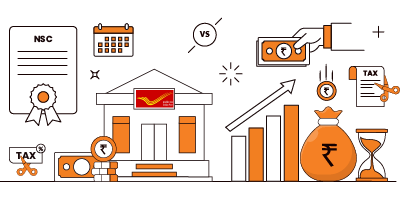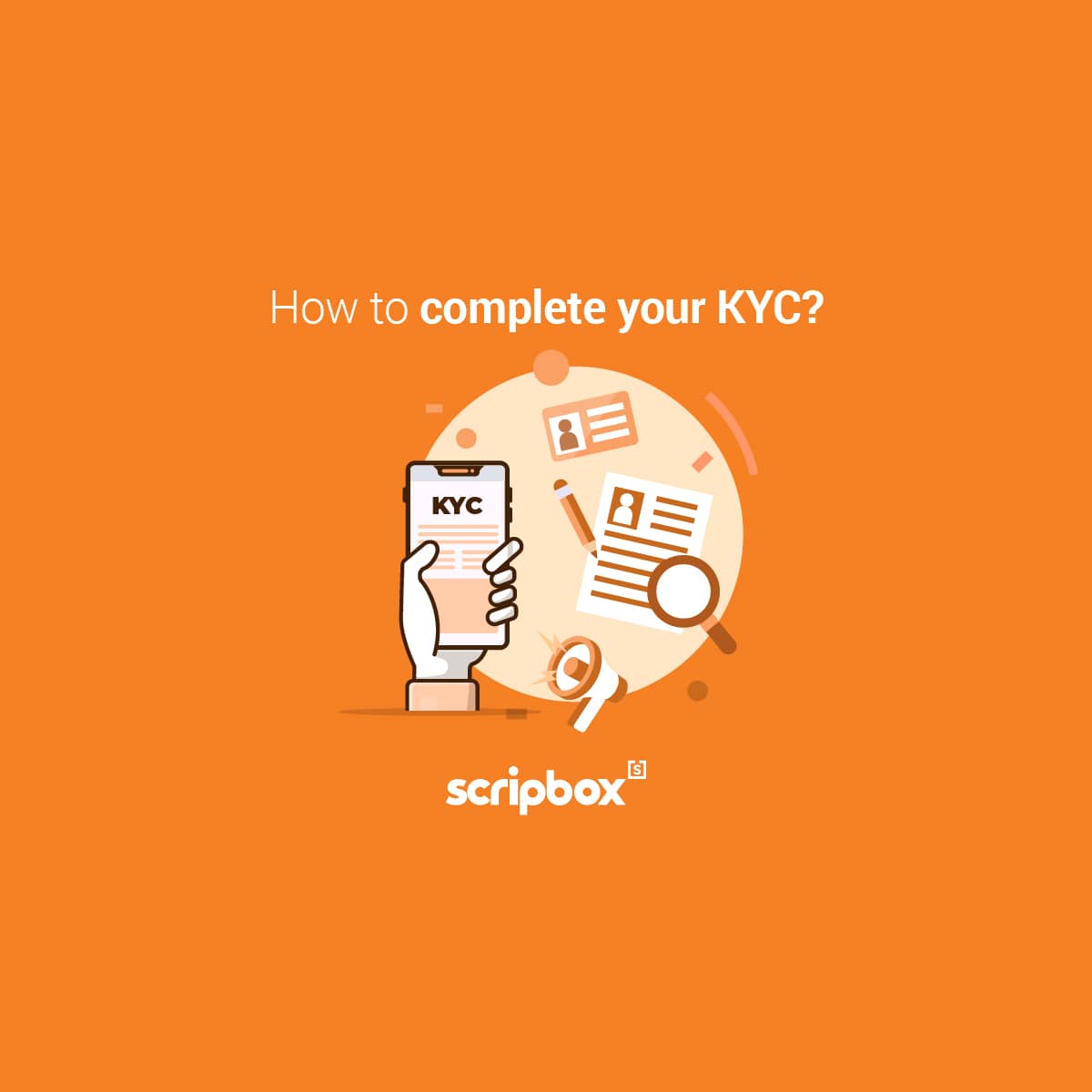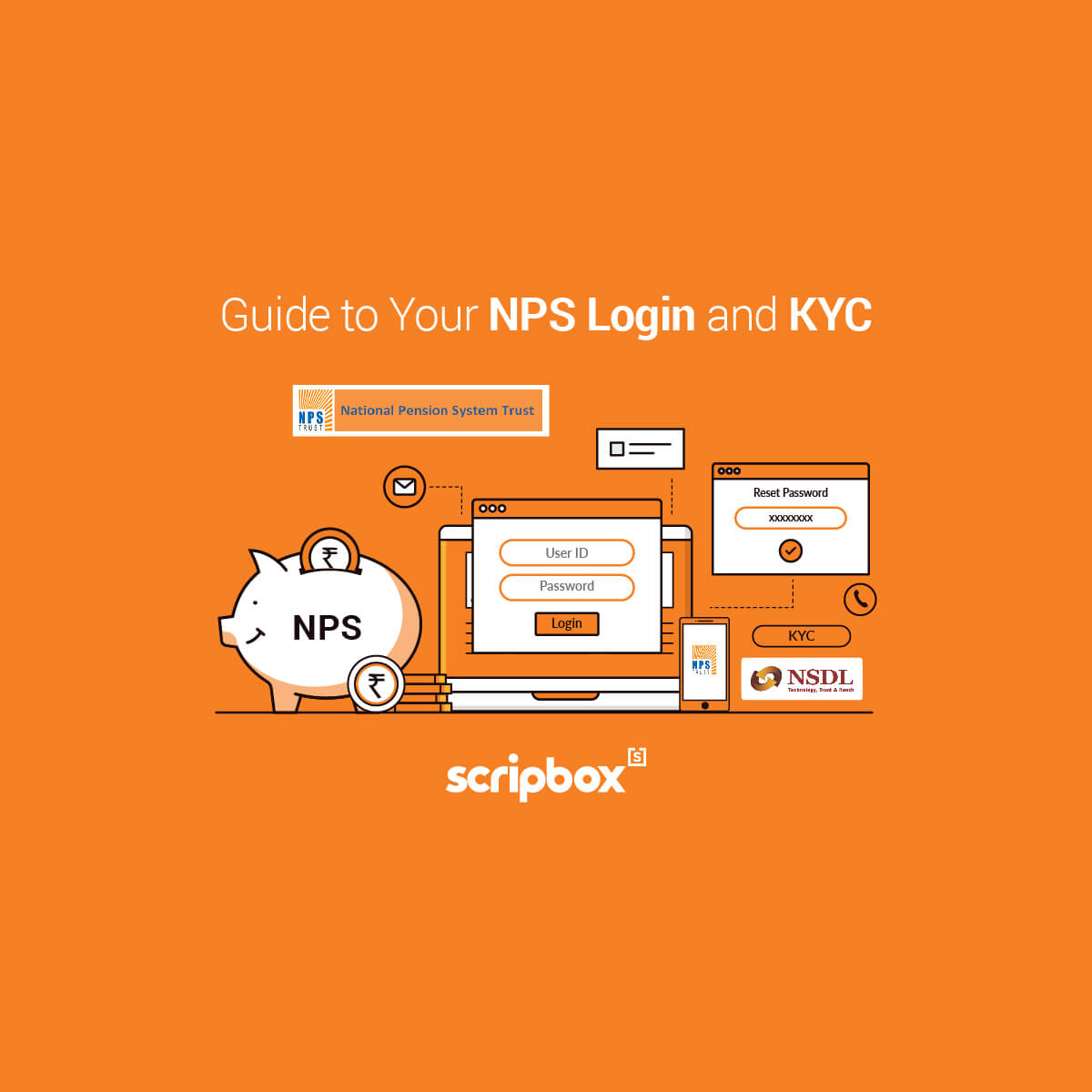Financial planning is very important for a better future. It helps in the selection of right investment products based on the objectives. There are many instruments available for tax planning which can help individuals save tax under Section 80C. However, each of them has its own risks and returns. In this article, we will discuss in detail the differences between NSC and ELSS funds. Read our complete guide on NSC vs ELSS funds to understand which option is better to save tax.
What is National Savings Certificate (NSC)?
NSC stands for National Savings Certificate. It is a post office savings scheme carrying a sovereign guarantee of the government on the investments as well as the returns on it. This scheme was launched by the government with an objective to encourage a habit and savings among people for meeting their long term financial goals.
The rate of interest offered on this scheme is fixed by the government subject to revisions every quarter. The current interest rate on NSC is 7.70% p.a. which is compounded annually. The minimum amount to invest in NSC is Rs. 100 but there is no upper limit. Also, the investment made in NSC has a lock in period of 5 years. At the end of tenure, investors cannot extend the term. They have to purchase a fresh certificate at the available rates. Furthermore, an investor can claim a tax deduction of up to Rs. 1.5 lakh under Section 80C of the Income Tax Act, 1961 on investments in NSC.
Also, one can use the NSC calculator to estimate their returns from NSC investment. The NSC calculator is available online on Scripbox’s website and is free to use.
Who Should Invest in NSC?
Individuals who are looking for a safe investment avenue to earn steady interest and save taxes can choose to invest in NSC. NSC offers fixed interest returns and complete capital protection. Along with this, since this instrument is government-backed, it has low risk and helps to save taxes under Section 80C. However, like other fixed income schemes, NSC cannot deliver inflation-beating returns like tax saving mutual funds. The government has made NSC easily available for all investors. They are available at all post offices with a simple registration process.
The government of India has promoted the National Savings Certificate (NSC) as a small savings scheme for individuals. Therefore, HUFs or trusts cannot invest in this scheme. Also, Non-resident Indians (NRIs) cannot purchase NSC certificates. This scheme is only available to individual resident Indians.
What is Equity Linked Savings Scheme (ELSS)?
Equity Linked Savings Scheme (ELSS) is a mutual fund scheme that invests in equity and equity-related instruments across different sectors and market capitalisation. The returns earned from this scheme are directly linked to the stock market. Lately, ELSS funds have become very popular among investors as it has potential to generate high returns in comparison to other tax-saving instruments. This is a suitable investment option for people with long term financial goals.
Investment in ELSS funds comes with a lock-in period of 3 years. Also, investors are allowed to claim tax deductions under Section 80C of the Income Tax Act, 1961 up to Rs. 1.5 lakh in a financial year. Furthermore, one can use Scribox’s ELSS calculator to estimate their returns from investment.
Advantages and Limitations of Investing in ELSS
Advantages
The following are the advantages of investing in ELSS funds
- ELSS funds have the shortest lock-in period of 3 years in comparison to other tax-saving instruments like tax-saving fixed deposit (5 years), PPF (15 years), etc.
- Unlike ELSS where the returns are linked to market performance, other 80C tax saving instruments like PPF, FD or NSC are fixed income products. ELSS has the potential to deliver significantly higher returns in the medium to long term horizon.
- It is the only scheme that allows investors to save tax under Section 80C as well as earning high returns from equity funds.
- If the investors are happy with the returns and do not need money at the end of 3 years, they may choose to continue. Redemption is not compulsory at the end of the lock-in period.
- With the virtue of its lock-in period and disciplined long term investment, investors can benefit from the power of compounding in the long run.
- While investing in ELSS, investors may choose to SIP where it allows investors to invest a fixed amount in regular intervals generally every month.
- Investing in mutual funds is safe and transparent as all the companies come under the purview of SEBI. Also, the investments are professionally handled by a fund manager.
Limitations
The following are the limitations of investing in ELSS funds
- The investments made in ELSS funds are riskier than other investment tools such as NPS, PPF, NSC or Fixed Deposit as they are market-linked. Hence, the market volatility may impact the overall performance of the mutual fund.
- Due to the 3 year lock-in period, premature withdrawals are completely restricted from ELSS funds making them illiquid till the end of the tenure.
- The availability of many ELSS funds from different AMCs may create confusion for investors for which mutual fund scheme to choose.
Who Should Invest in ELSS?
Individuals who want to save on taxes under section 80C can invest in ELSS mutual funds. However, ELSS mutual funds have a certain amount of risk attached to them.
This is because of the equity exposure in the portfolio which is linked to market performance. Therefore, ELSS mutual funds are suitable for individuals who understand equity asset class risk. They should also have a long term horizon of investment in ELSS funds. Moreover, these tax saver mutual funds offer higher returns when compared to other tax-saving schemes. Among all the tax-saving instruments that qualify for tax deduction under Section 80C of the Income Tax Act, ELSS funds have the lowest lock-in period.
Investment in ELSS funds offer portfolio diversification for its investors. Also, these schemes have dedicated and professional fund managers. Small investors, too, can save taxes by investing in ELSS mutual funds through SIPs in a disciplined manner.
Difference Between NSC and ELSS
The following are the key differences between NSC and ELSS funds
| Parameters | NSC | ELSS |
| Nature of Investment | Small savings schemes offered by the post office Guaranteed and risk-free returns on investment | Mutual fund schemes Invest in market-linked equity instruments to generate returns |
| Minimum Investment Amount | Rs. 100 | Rs. 500 |
| Maximum Investment Amount | Nil | Nil |
| Lock-in Period | 5 years | 3 years |
| Taxation | Rs 1.5 lakhs Under 80 C | Rs 1.5 lakhs Under 80C |
| Risk | Low level of risk | Moderate to high-level risks |
| Returns | 7.70% p.a. | 12.00% to 30.00% p.a. |
Compare NSC vs ELSS
Both investments NSC and ELSS are popular tax savings schemes. The characteristics of each investment are different and hence suitable for different kinds of investors. Even though ELSS funds offer better returns, they are subject to market risks. Also, in unforeseen market events, the investment could fall back offering no returns. On the other hand, NSC offers fixed returns regardless of external factors. It ensures a guaranteed amount at the end of the term. Therefore, investors who do not mind taking risks can opt for ELSS while those who want to secure their future can opt for the NSC scheme.
In addition, the investment period can be critical while deciding which scheme to choose. ELSS funds have a 3-year lock-in period while NSC has a 5-year lock-in period. This allows investors to choose schemes based on requirements either short term or long term.
ELSS funds offer flexibility through Systematic Investment Plans (SIP). One can invest as per their current financial condition as well as invest small amounts regularly. On the contrary, NSC has low minimum investment criteria which means that people with limited means and low income can invest in NSC.
To sum up, the ultimate decision of choosing a scheme depends on the individual’s financial planning. It is always important to understand the need for investment and the benefit it offers after a certain period to secure the future. Hence, they should take time to figure out what exactly they wish to gain from the investment.





























Show comments